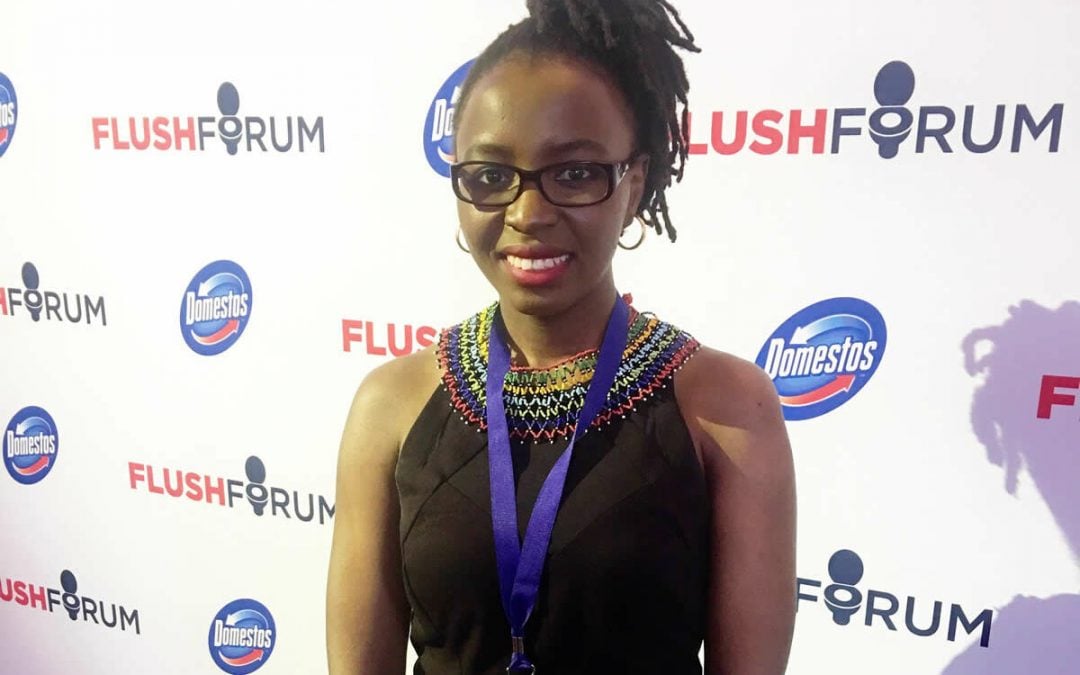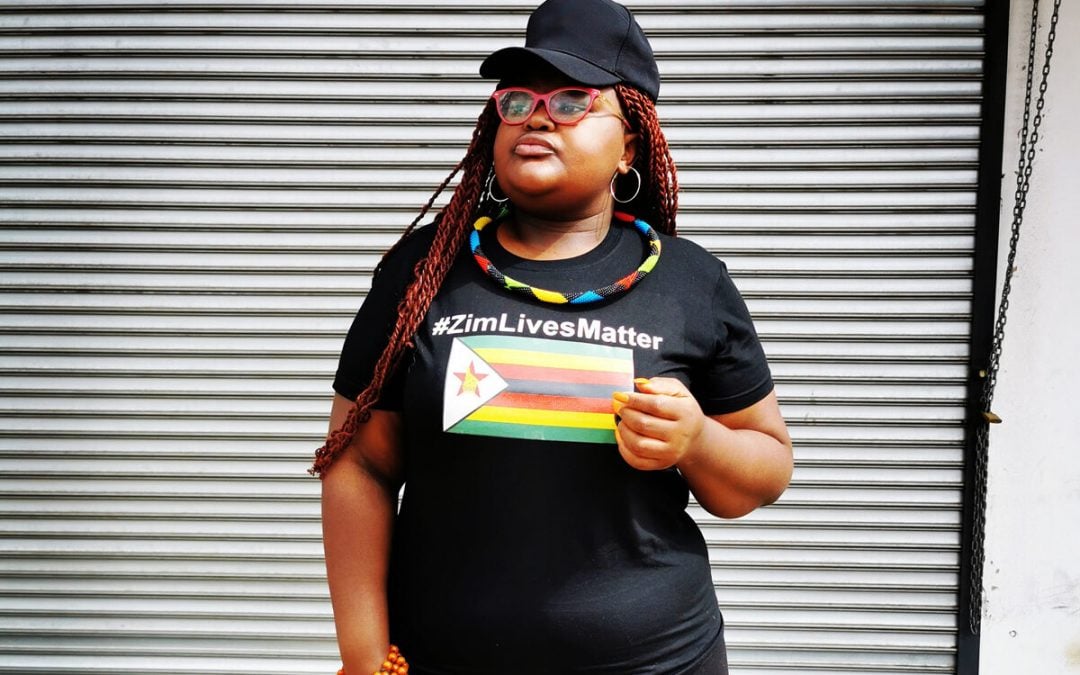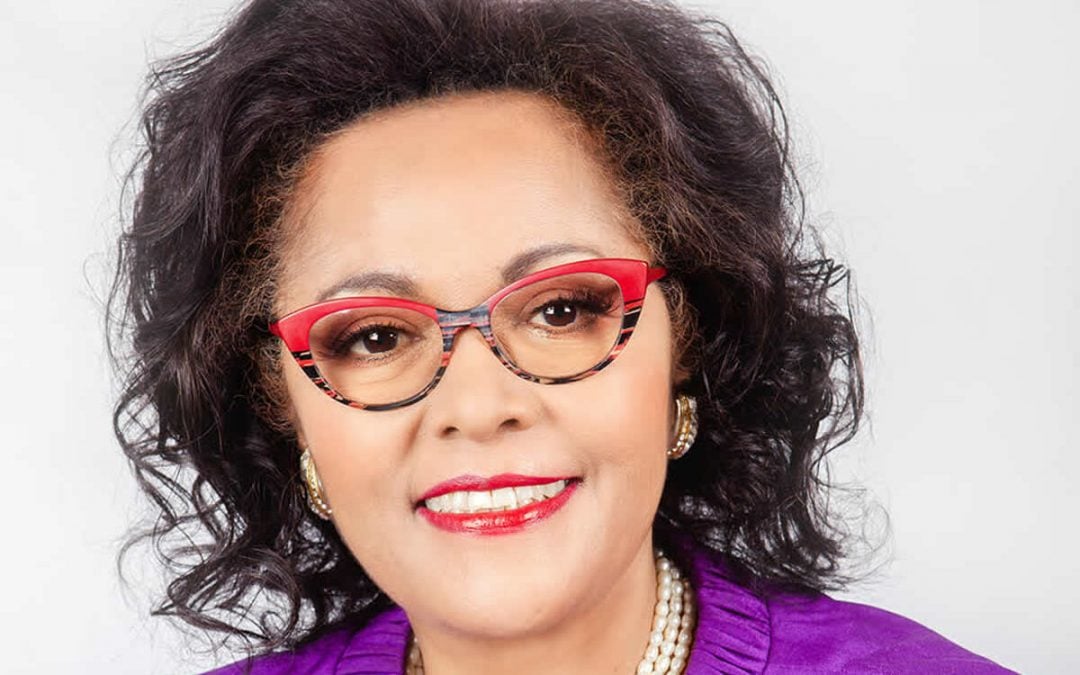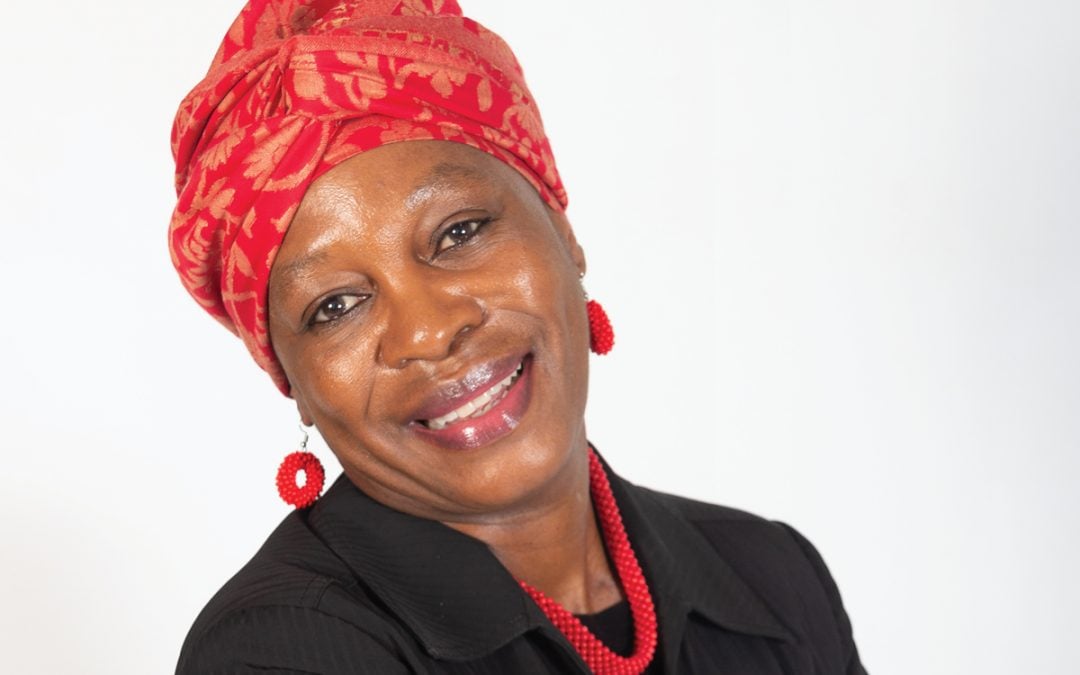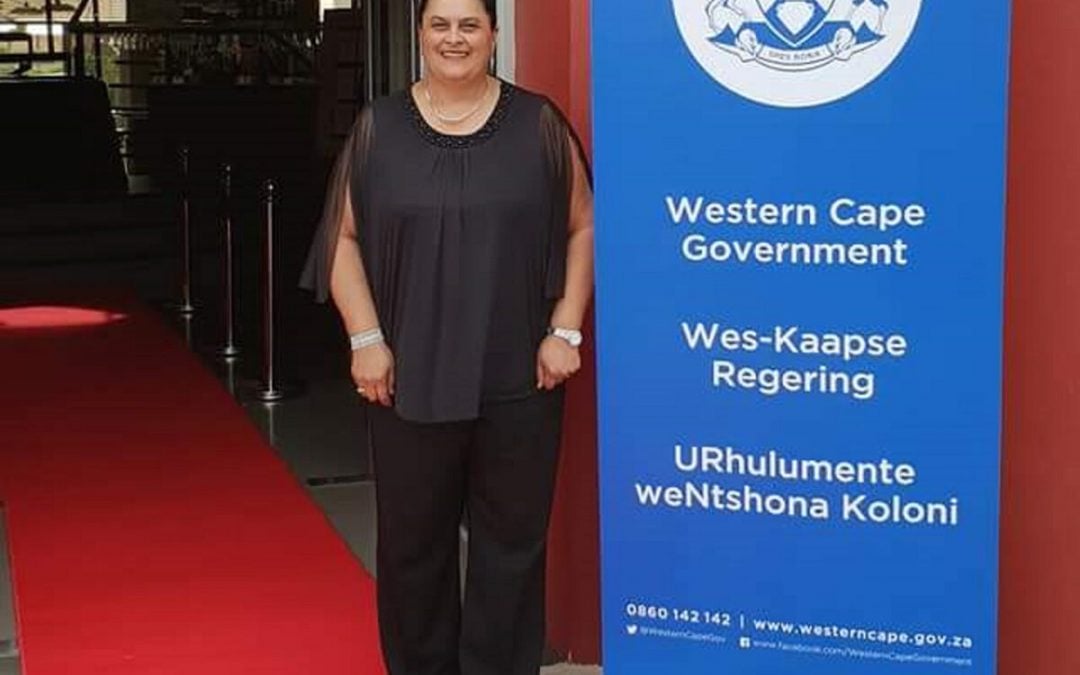The founder of the United Domestic Workers of South Africa has championed the rights of those in an often ignored sector.
Pinky Mashiane is not the type of trade unionist we often find today.
The founder and president of United Domestic Workers of South Africa (Udwosa) does not have her own office. And, if she did, it would be rare to find her behind a desk. “Some believe in sitting at meetings in boardrooms and speaking with employers over the phone,” Mashiane says. “But I believe in facing the employers in person. I’ve created that space, where we can have the courage to sit down and talk with the employers.”
Confronting an employer is how she got a taste for organising and empowering domestic workers like herself.
In 2001, Mashiane was walking in Moreleta Park in Tshwane and saw a man strike his gardener. She walked up to the man and told him she was a labour inspector. Mashiane says he offered her R1 000, which she refused. She told him to give the money to his gardener instead and apologise, which he did.
Domestic workers are among the most vulnerable workers in the country. There are almost one million domestic workers in South Africa and most of them are black women. They are excluded from crucial legislation that is meant to protect workers.
It is also difficult to organise domestic workers. They all work for different employers and are separated by the walls of the homes they clean. With little on-site intervention by the department of employment and labour, domestic workers are often subjected to the whims of their bosses: many are underpaid, fired without notice and abused.
Despite these difficulties, Mashiane has kept going for 20 years. Her journey led her to spearheading the court battle that could lead to the inclusion of domestic workers in Compensation for Occupational Injuries and Diseases Act. The Act allows for the compensation of employees, or their survivors, for work-related injuries, illnesses or death, since it was enacted in 1993.
Mashiane took up the case after she read a newspaper article about the death of Maria Mahlangu, whose family was not compensated after she drowned in her employer’s pool. After a high court victory, the case was heard in the Constitutional Court earlier this year.
This year Mashiane was chosen as one of the Nelson Mandela Foundation’s Atlantic Fellows for Racial Equity, a programme that connects scholars and leaders in South Africa and the United States.
But Mashiane is not about to stop there. She believes empowerment is a chain: “To empower somebody is to help them to grow … You give that person something that they can use to help and empower other people.”
Her biggest fear is failing the domestic workers she has set out to defend.
“That is why I work so hard. I want to do everything in a way that, at the end of the day, I see the results of what I am doing. I want to see that what I have done has helped other people. I hate failure,” she says.
“Not for myself, but for other people.”


